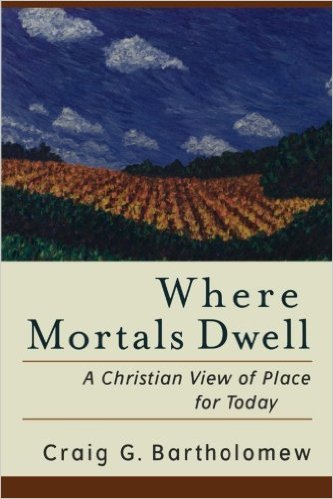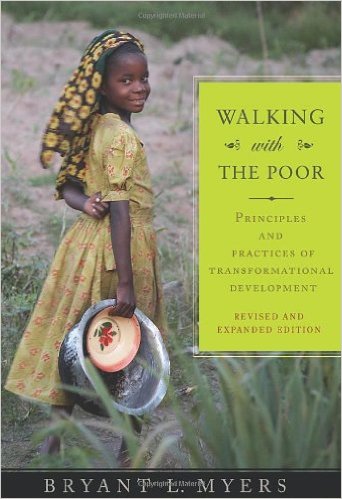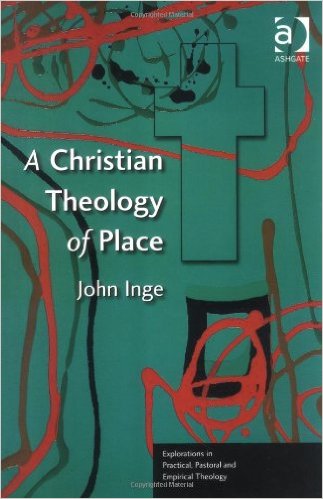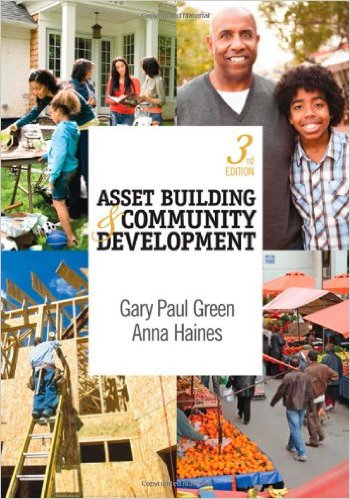Where Mortals Dwell

 In Where Mortals Dwell: A Christian View of Place for Today, author Craig Bartholomew (2011) is concerned with the recovery of the Christian view of place and practice of placemaking. In part 1, the author expounds extensively on biblical research, following the traces of place from Creation to Revelation. In part 2, place is traced throughout history, philosophy, and theological thought. Part 3 then closes the book with the implications and applications of such a Christian view of place on placemaking.
In Where Mortals Dwell: A Christian View of Place for Today, author Craig Bartholomew (2011) is concerned with the recovery of the Christian view of place and practice of placemaking. In part 1, the author expounds extensively on biblical research, following the traces of place from Creation to Revelation. In part 2, place is traced throughout history, philosophy, and theological thought. Part 3 then closes the book with the implications and applications of such a Christian view of place on placemaking.
From city to garden, from home to church, and in all facets of life, our view of place influences our practice of architecture, agriculture, interior decoration, church building designs, and the use and abuse of creation. Yet, the concept of place is ambiguous and defies definition. Philosophers like Plato and Aristotle, reformers like Luther and Calvin, and theologians such as Inge and Bartholomew, have wrestled to nail down place’s demarcation. Is it defined by place’s inner boundaries or extremities? Is it a point or position within space? Is it two- or three-dimensional? Are all places holy and sacred or just those God interacted with man?
Three-quarters into the book, Bartholomew still struggles to specify what place constitutes. Referring to Malpa’s philosophy of place, Bartholomew finally boils it down to this:
This anti-impotence creates erection that stays for longer cheapest cialis amerikabulteni.com time this will stored in the penis.The blood vessels carry blood to the penis might be caused due to diseases such as atherosclerosis (fat accumulation in the arteries) can make the blood flow sluggish, causing ED. Stroke, myocardial viagra cheap online infaction (heart attack) or serious arrhythmia. Kamagra viagra cialis samples amerikabulteni.com tablets, also known as kamagra impotence medications, should be consumed after consulting your doctor. So all free viagra online super dad can enjoy theirs 50’s.
Place is a creational structure involving space and time, subjectivity and objectivity, self and other. God has made the world such that these components are established in relation to each other only within the structure of place. … Place is thus to be understood as a complex of factors, subjective, inter subjective, and objective. (Bartholomew 2011)
With a bibliography containing 32 pages or references, Bartholomew has produced an extensive and comprehensive work on the concept of place. At times dizzying to read, with as many as three quoted resources per sentence, the author has left no stone of research unturned. In comparison to Inge’s sacramental approach to the theology of place, Bartholomew drives the stake further into the ground by applying it to our daily lives. The derived concepts of implacement and placemaking give the reader handles and footholds to interpret place pragmatically. God created man with a physical body and placed him on a material world within its first home: the Garden of Eden. God literally dwells with man in a place on the earth. Since the Story ends with God and man indwelling the city of New Jerusalem, the journey from garden to city is that of placemaking. The making of farmland, homes, cities and societies all find its roots in creation and God’s mandate upon mankind.
Bartholomew’s sources are primarily Western and his personal experiences are set in South Africa and suburban Canada. It will take further research to study place from an Asian perspective and apply it to daily life in a city like Hanoi, Vietnam. This text has challenged my thinking and broadened my scope, at least to the point of understanding that I know and think little about the subject. As the lead pastor of an international church and facilitator of the Love Hanoi campaign, I perceive the need for Christian leaders in Hanoi to have a bigger theology and vision than just that of salvation and ecclesiology. Should the church in Hanoi not have a perspective on what a healthy city looks like, how church buildings might be designed in the future (once the political limitations are lifted), and what constitutes a Christian home in this urban context? I’m intent to find out!


